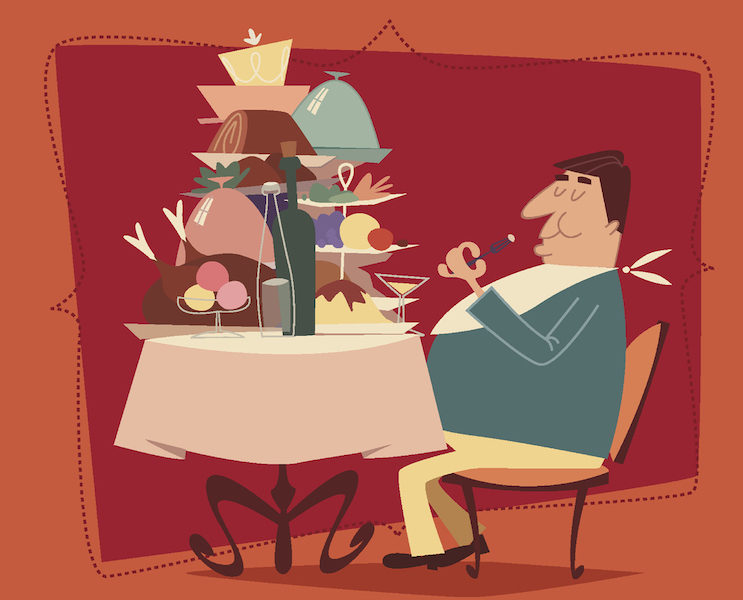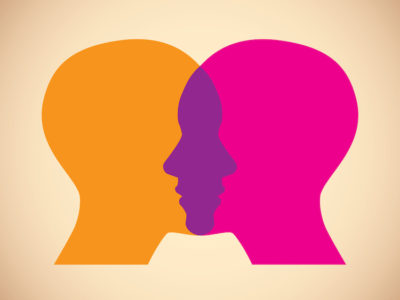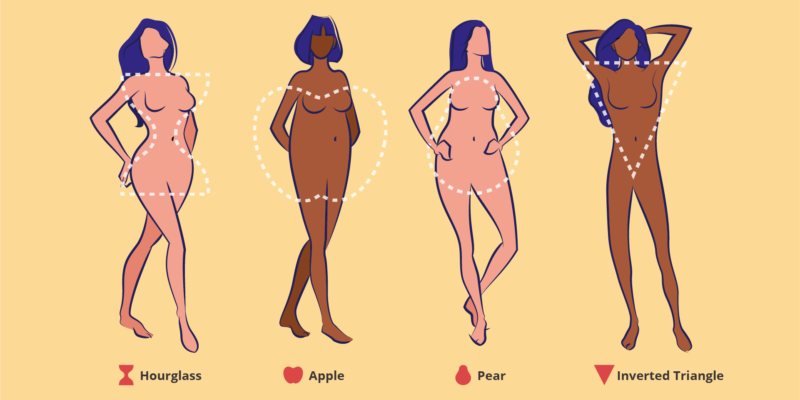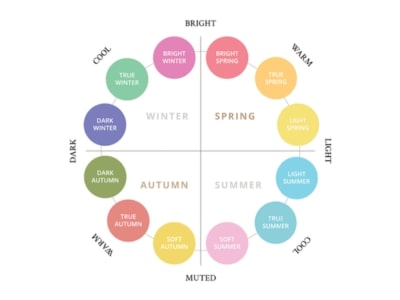Everything that we do in life has one of two qualities: Creation or destruction.
For one, food is the creation of a good mood, health and fulfilment, and gathering, whereas, for others, it is destruction with feelings of shame, heaviness, and embarrassment, leading to stress. Enter Binge Eating Disorder.
Binge Eating Disorder is the most common eating disorder. Although it’s not always easy to notice, BED affects approximately 15 million people globally. So let’s have a closer look at binge eating, binge eating symptoms, how to stop overeating, and finding a healthy and balanced relationship with food to improve well-being.
What is binge eating?
There are instances when we all eat a little out of proportion.
But then, there are episodes when one often binge-eats regular, feeling powerless and out of control to stop till one reaches the point of extreme discomfort. Naturally, this leaves a lingering feeling of distress after a meal.
Then follows the overwhelming plague of emotional turmoil, shame, excess guilt or regret, discomfort, loss of confidence, worry, weakness, and at times, depression.
An eating disorder is often associated with the stigma of food shaming. It creates a certain psychological impact resulting in body image issues and self-loathing, resulting in a spiral-down of mental health.
Binge Eating Symptoms
- Regularly eating more food than you need at least once a week for three months or longer.
- Feeling a sense of loss of control over eating.
- Eating even when you’re not hungry or are uncomfortably full.
- Haphazard, rapid eating.
- Feeling shameful after binge eating.
- Finding comfort in binge eating, followed by a wave of anxiety and regret – and the vicious cycle continues.
- Feeling fatigued after an overeating episode.
- Health/social problems arising from excessive craving & bingeing.
Binge eating usually leads to weight gain and obesity, a lack of confidence, often making one feel unworthy while giving rise to strong feelings like self-hate. Binge eaters often find themselves fighting society’s set traditions of seeing a body in a specific light.
How to deal with Binge Eating?
Acceptance: One big step is to acknowledge binge eating symptoms, and your journey toward a healthy and joyful life devoid of strain, stress, shame, fatigue, and health issues begins.
Observation: Learn the trigger factors that instigate a binge-eating episode. One great tool is to start journaling your food and feelings. Try to understand patiently how to intervene by shifting focus, creating self-awareness, listening to your body alarms, creating a healthy relationship with yourself, prioritizing yourself over anything else, and building a positive, loving relationship with yourself.
Improvement: Eating in a balanced way that supports your nutrition and satiates your appetite amalgamated with physical activity is a significant first step to conquering binge eating.
Critical Thinking: Asking the right questions like-
- Am I hungry? How am I deciphering the signals of hunger?
- Do I need to continue eating after finishing my proportion of meal?
- Do I feel bad/guilty/shameful after this meal/snack?
- How is my body reacting to the way I'm eating?
- How am I accepting my body and fighting the stigma?
- How am I taking care of my body?
Self-Love:
Body positivity stems from acceptance and mindfulness, fuelled by compassion and kindness.
- Get enough sleep.
- Talk to someone who gets you.
- Drink plenty of water to stay hydrated.
- Exercise mindful eating. Be present with your meals. Smell, look, touch and take quality time while chewing.
- Use smaller dishes or bowls for proportion control.
- Keep journaling about your body and food intake.
- Seek medical help or sign up for a therapy session if needed.
Do you know someone who might be battling a binge eating disorder? You can offer help by providing encouragement, support, and love that instils a sense of confidence and positivity in them. In addition, one can help them by finding a qualified medical care provider. You will likely work with a team of healthcare professionals:
- a psychotherapist
- a psychiatrist
- a nutritionist
- primary care doctor
No one should have to suffer alone. Reach out today if you or someone you know might be suffering from binge eating disorder. Support is available, and life free from BED is just around the corner.
Read next:
What Drinking Enough Water Might Do for Your Health
The Many Benefits of Saffron: the Miracle Spice!
5 Best Self-Massage Tools to Relax and Recover
And if you liked this article, sign up for a monthly newsletter. A handpicked selection of lifestyle articles delivered to your inbox.




























